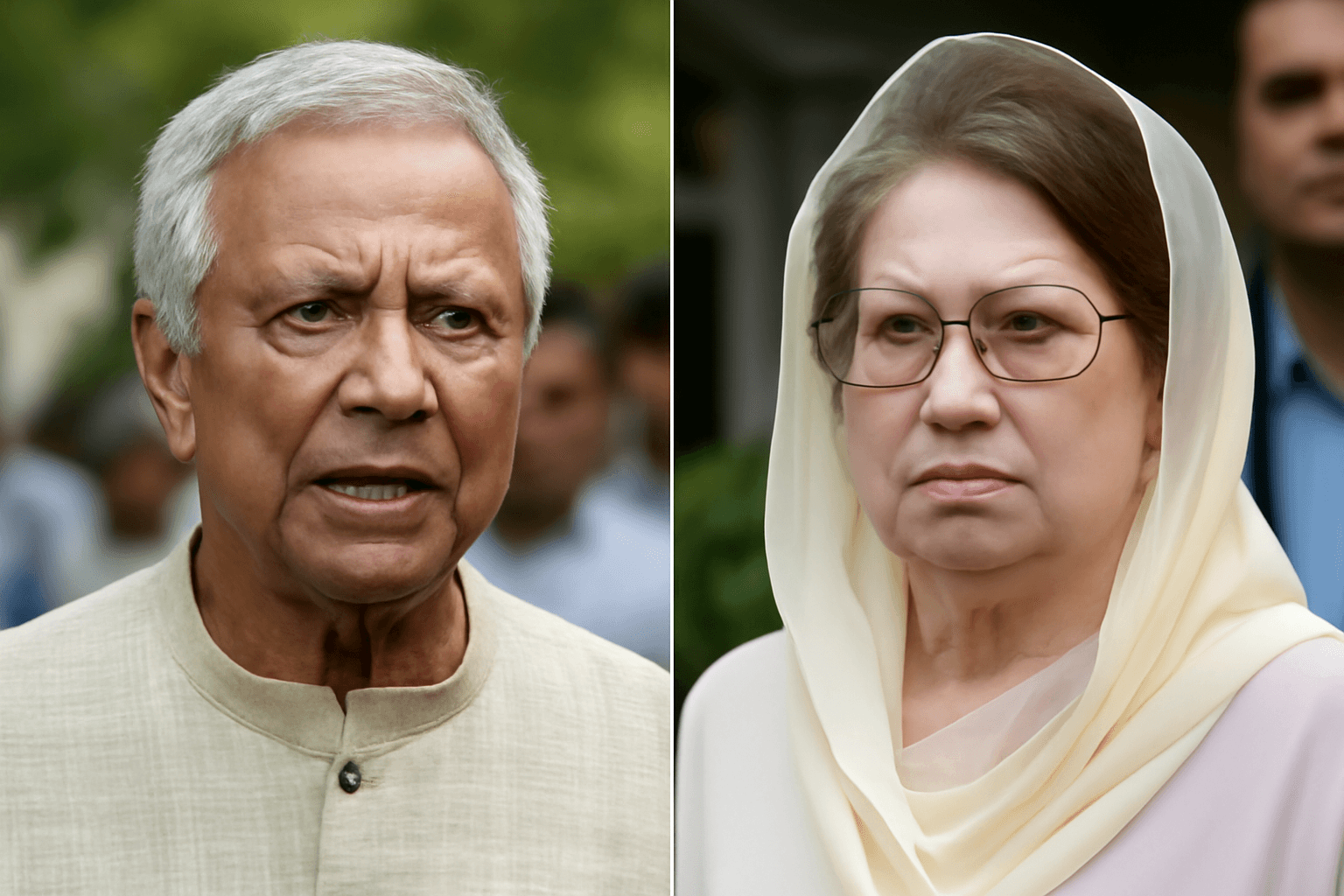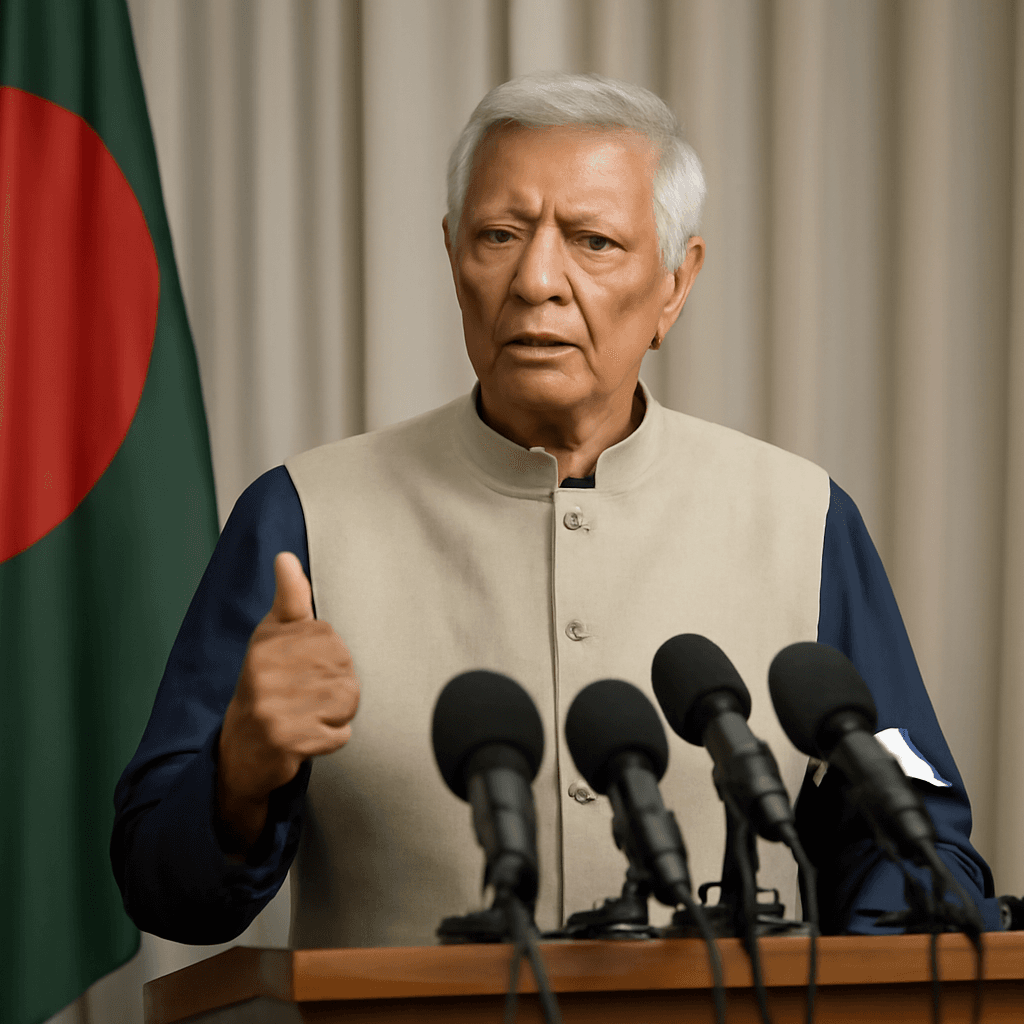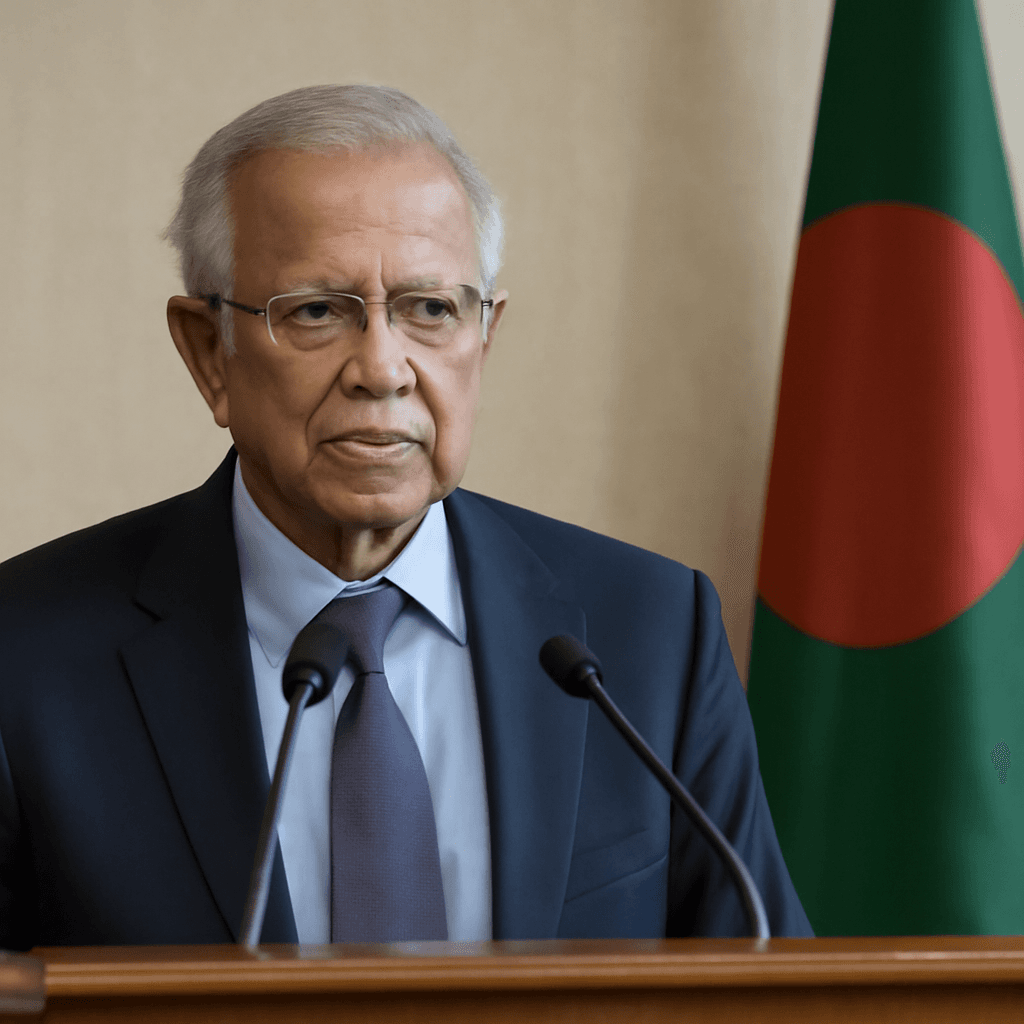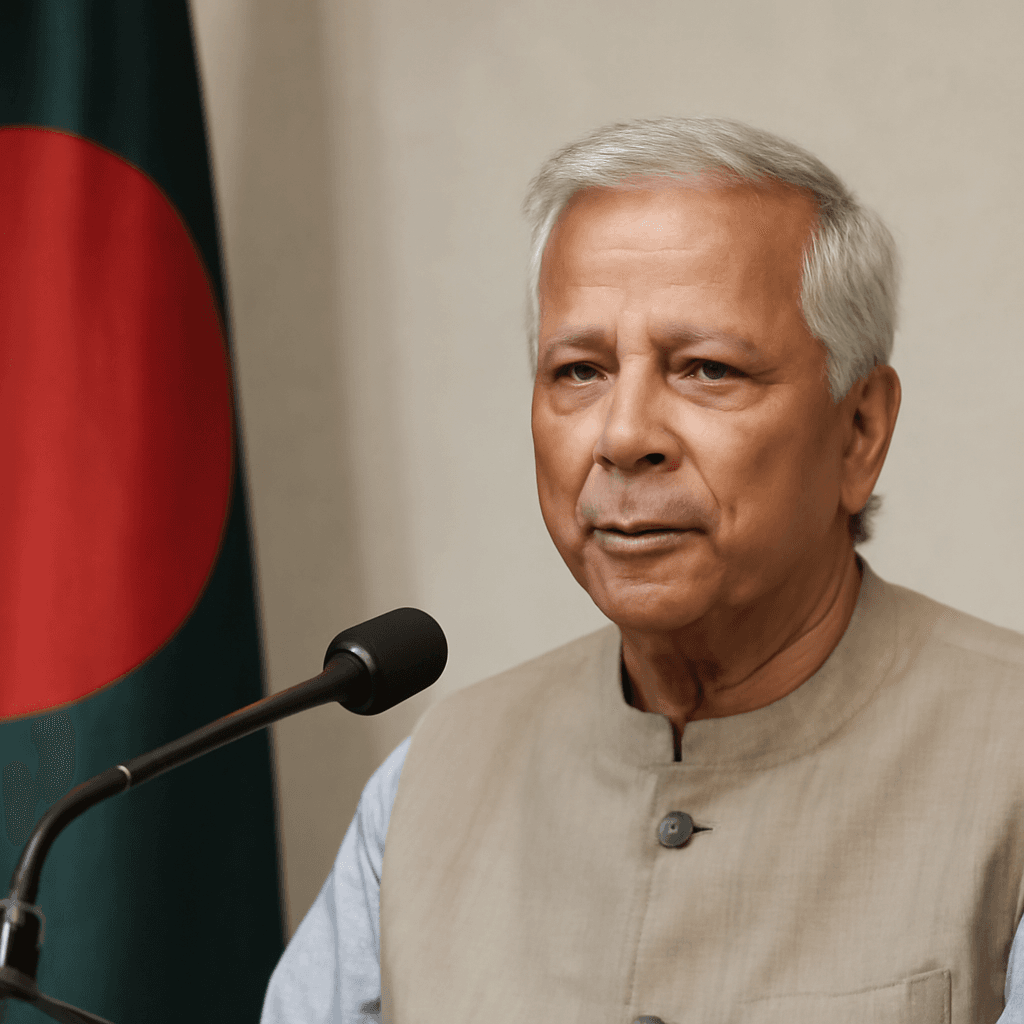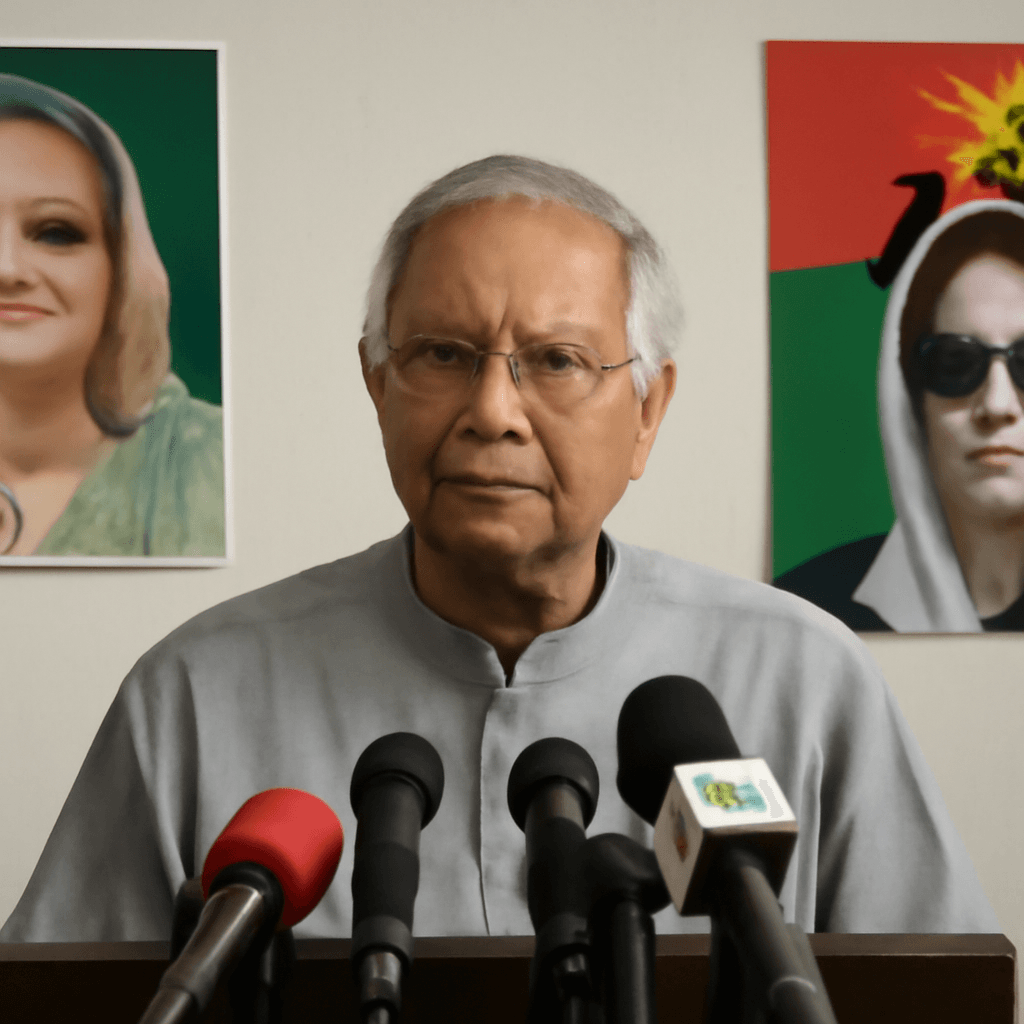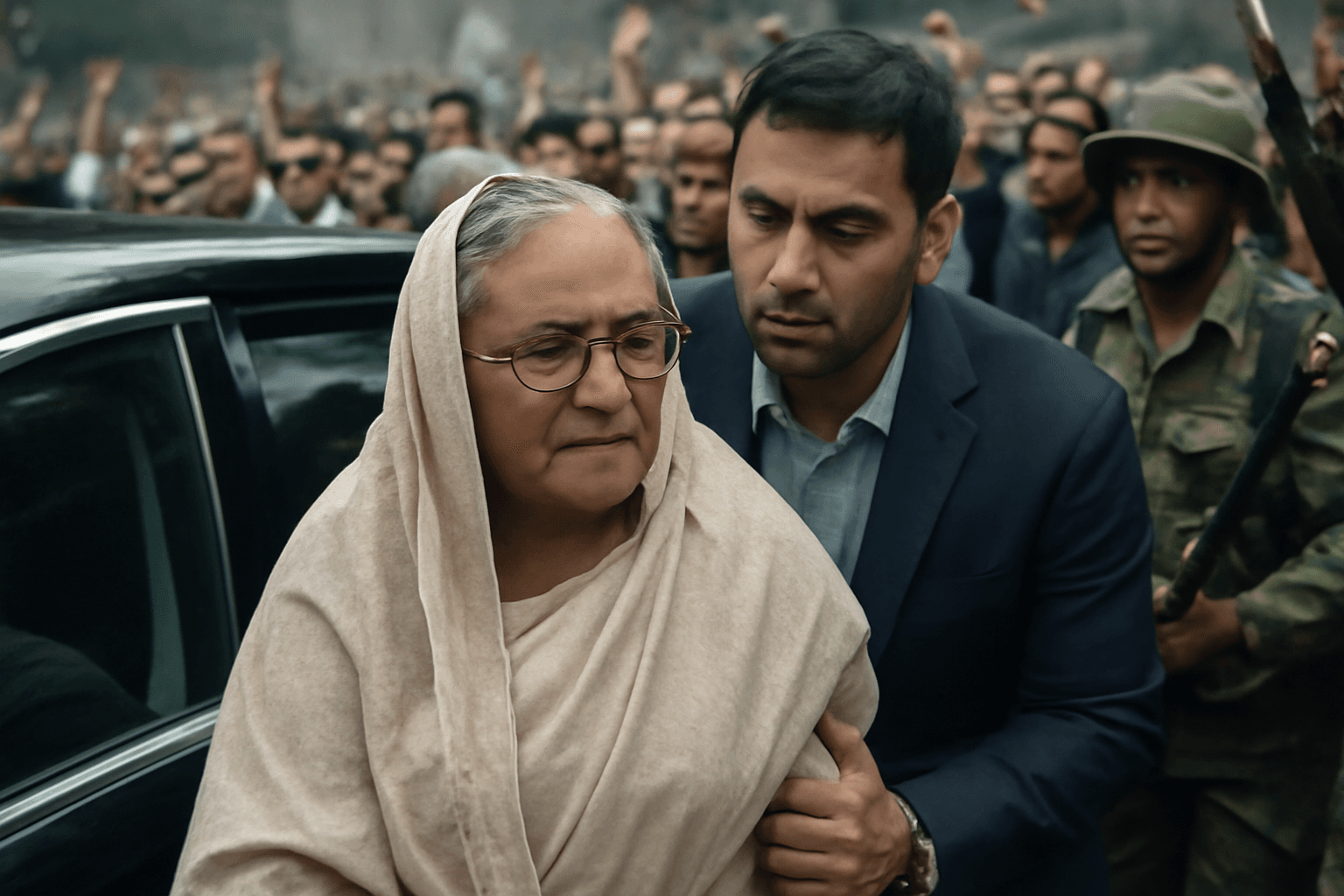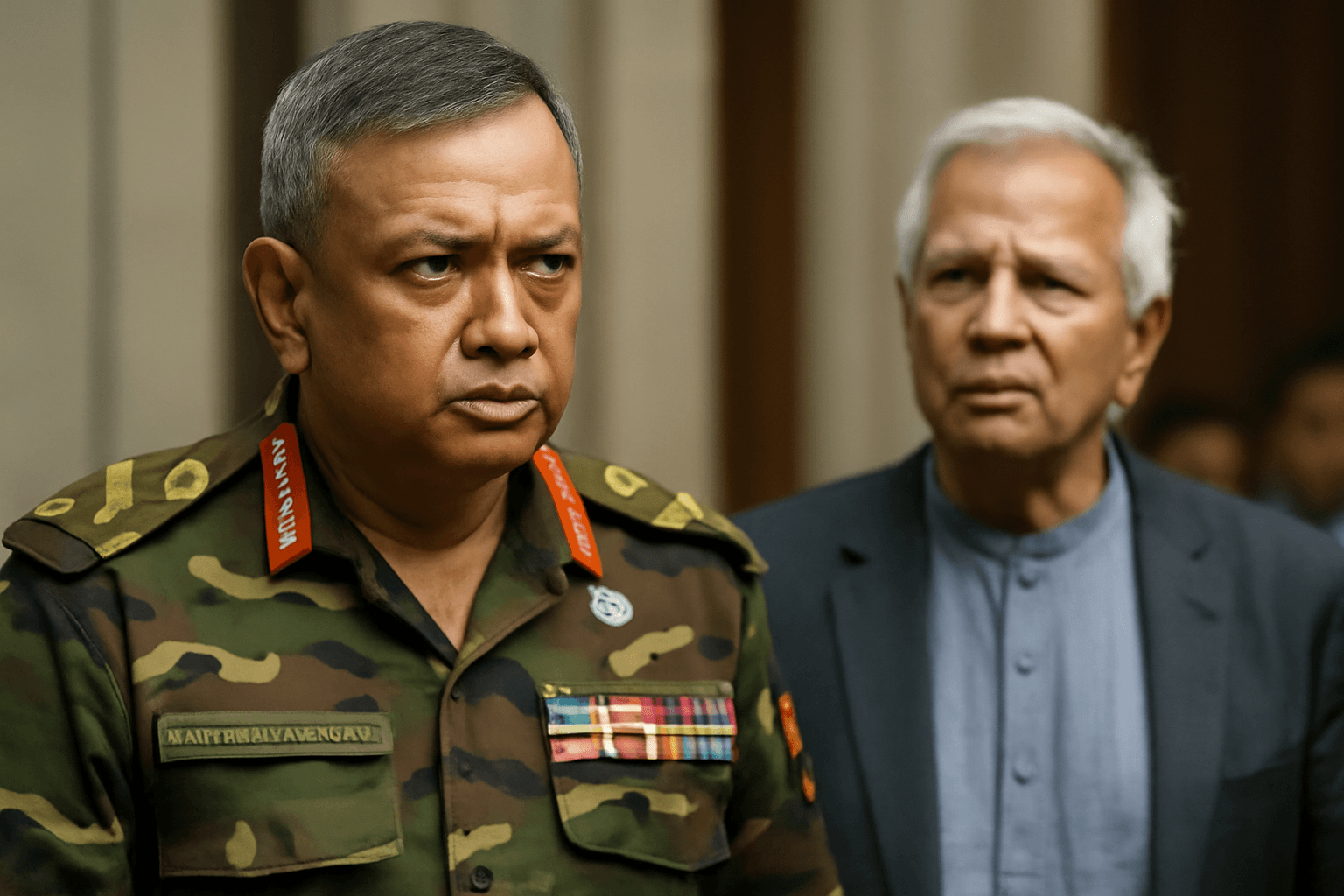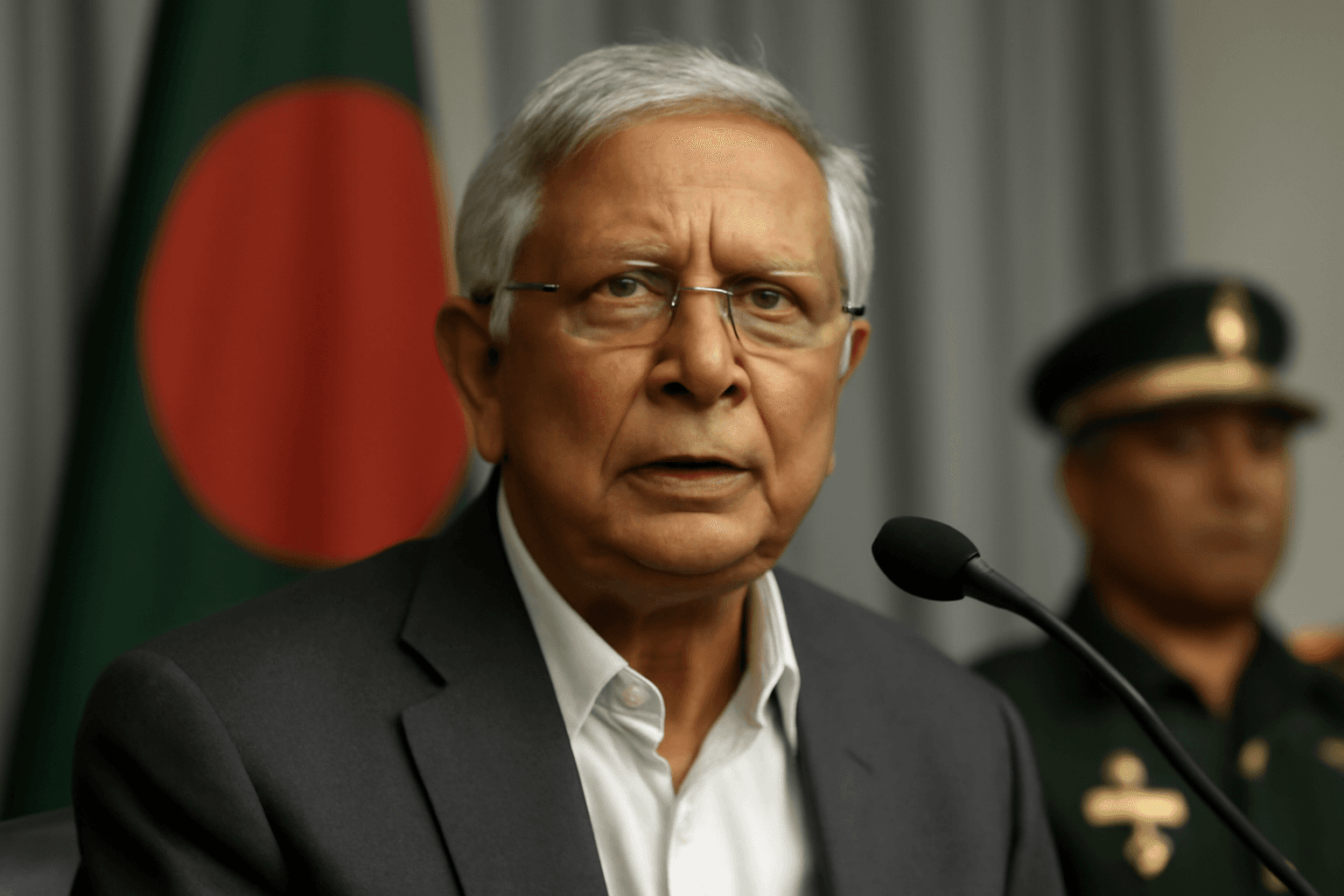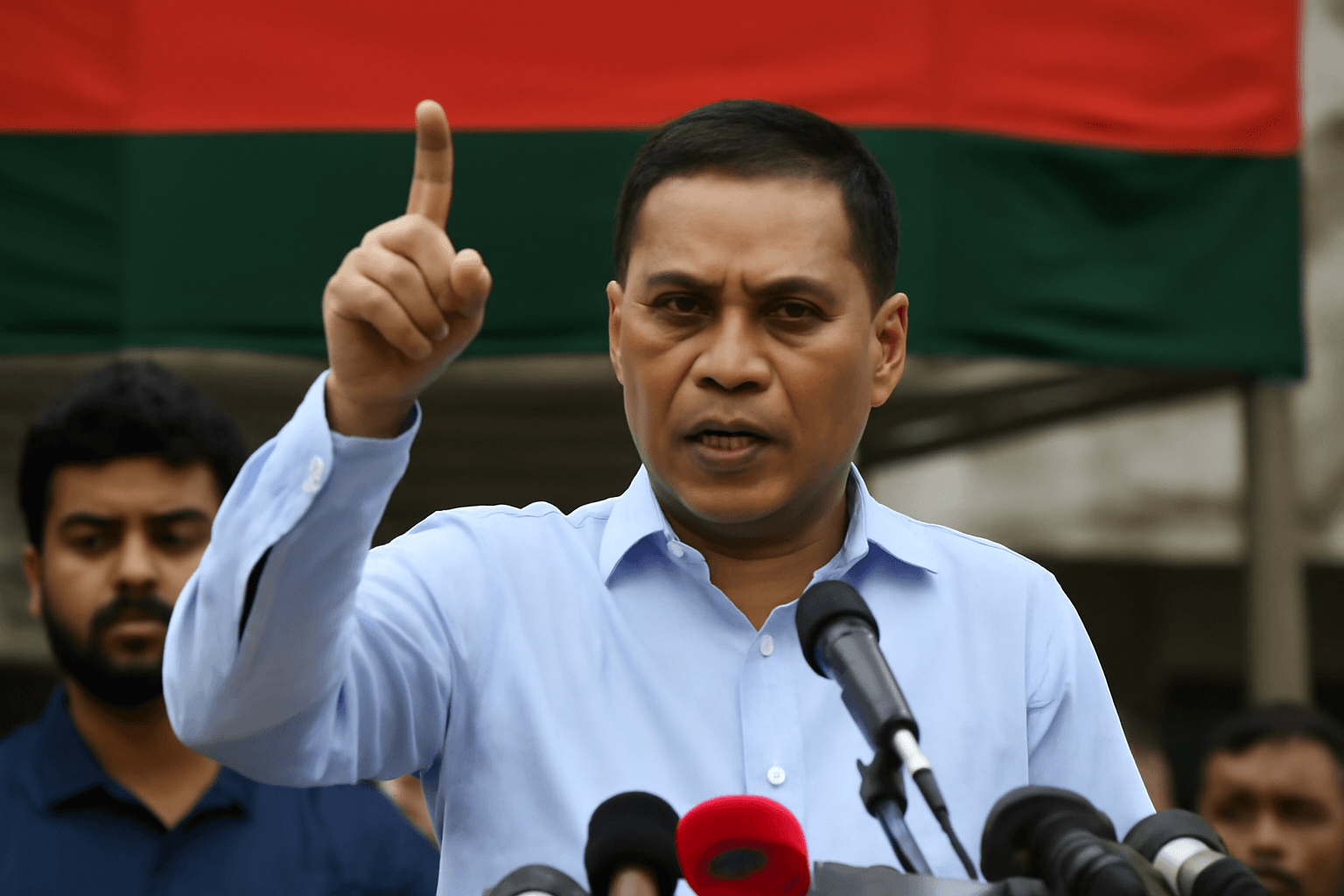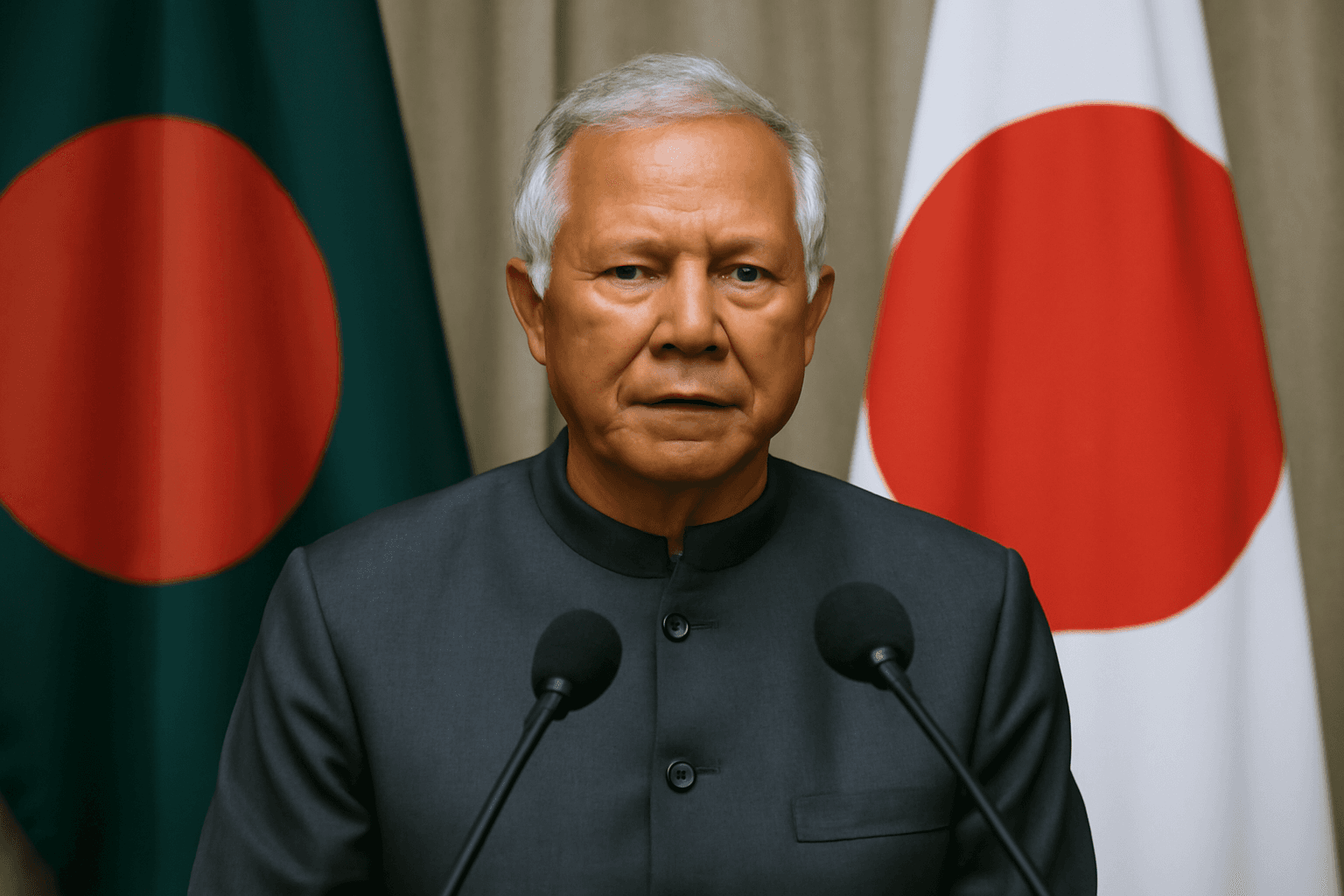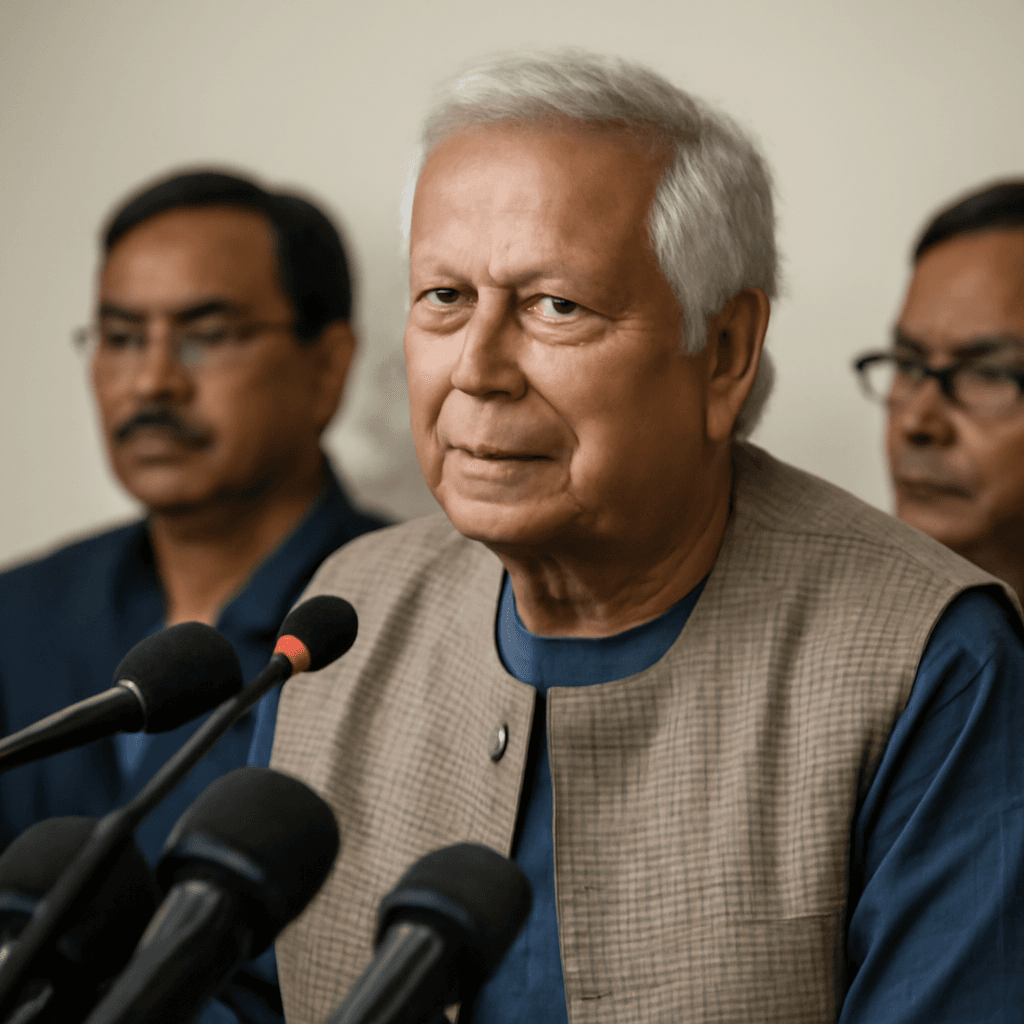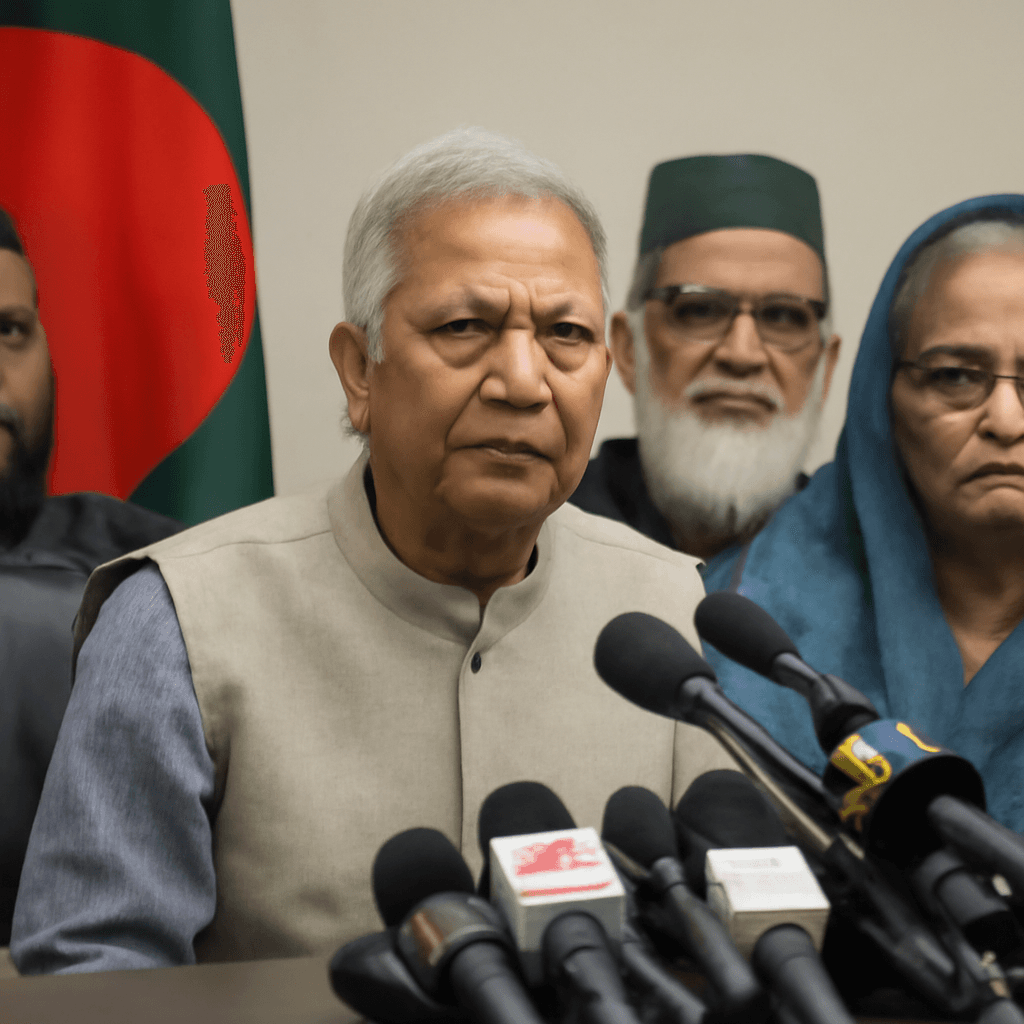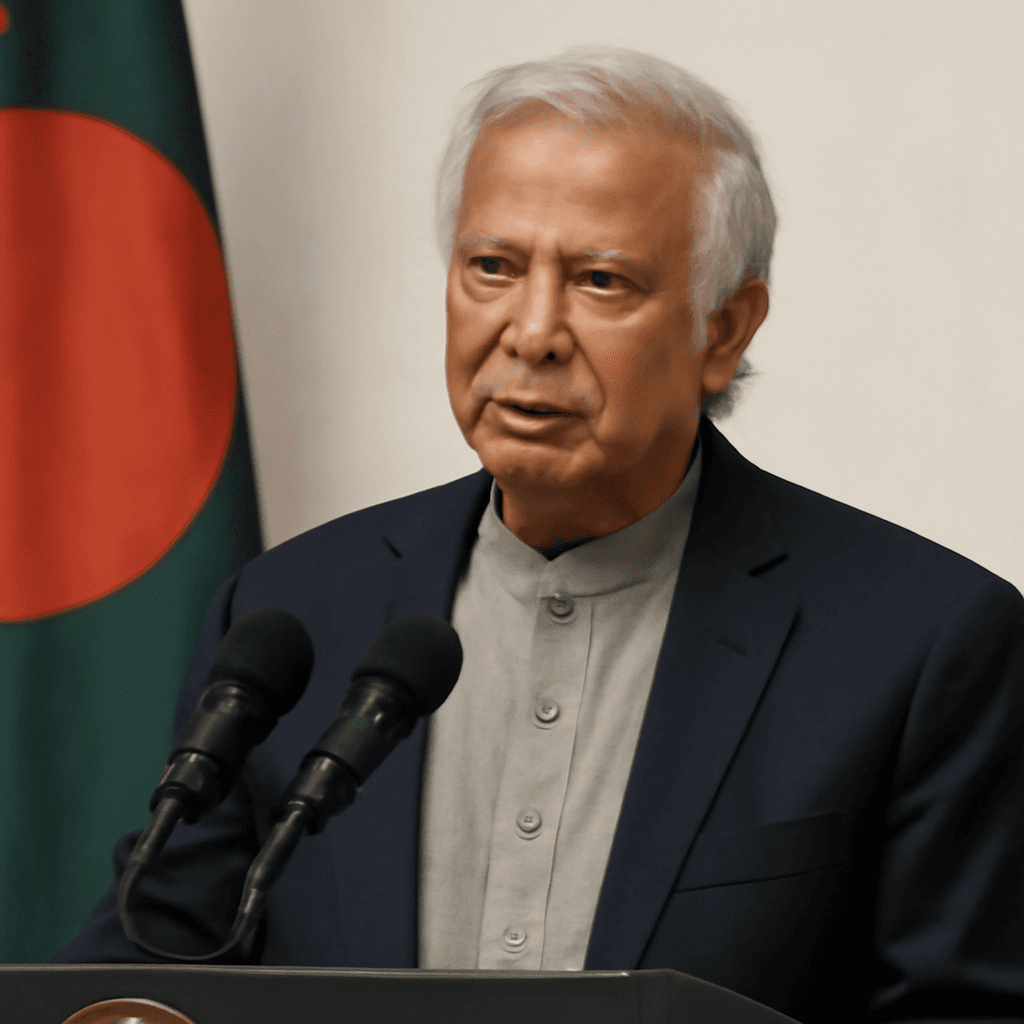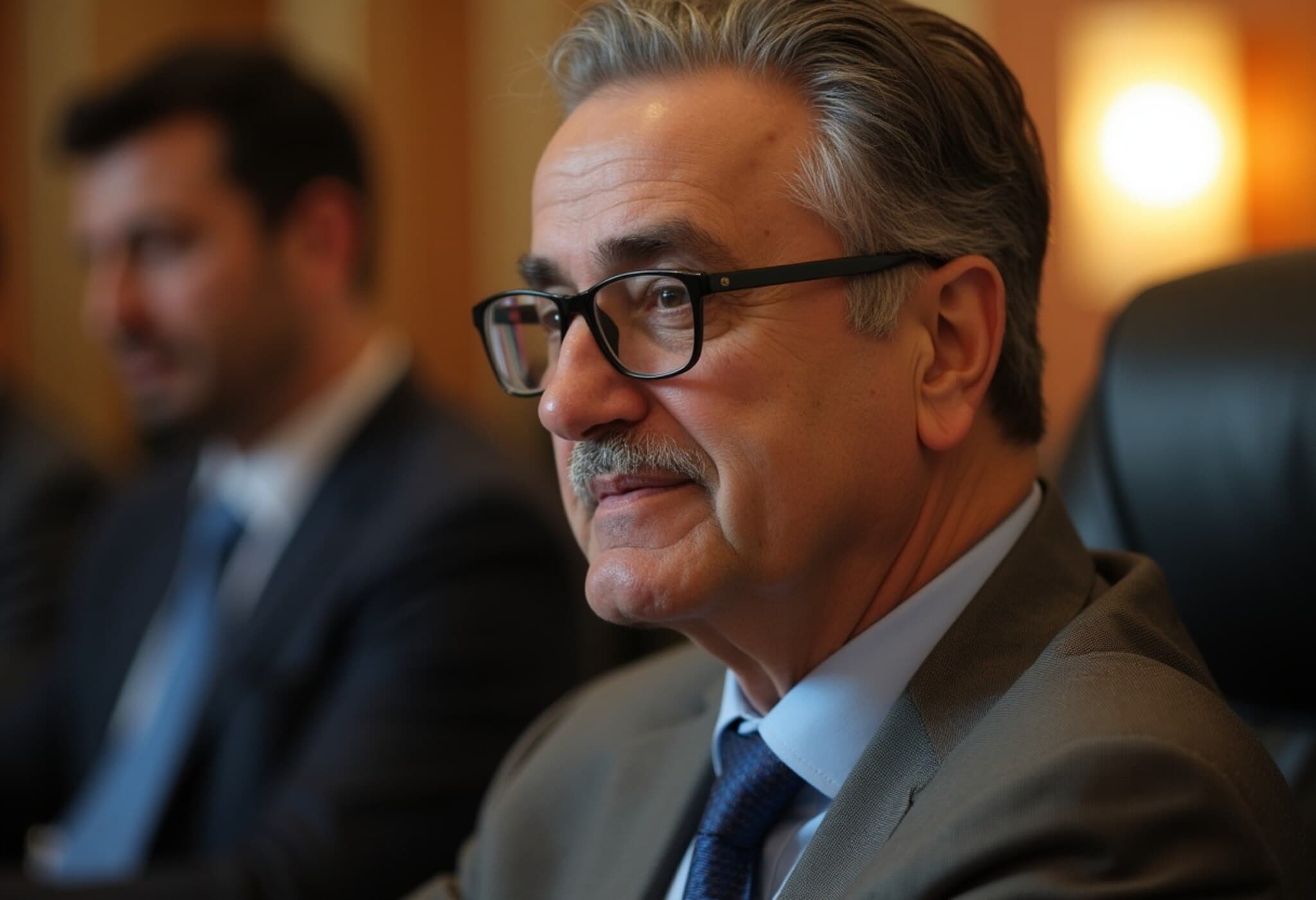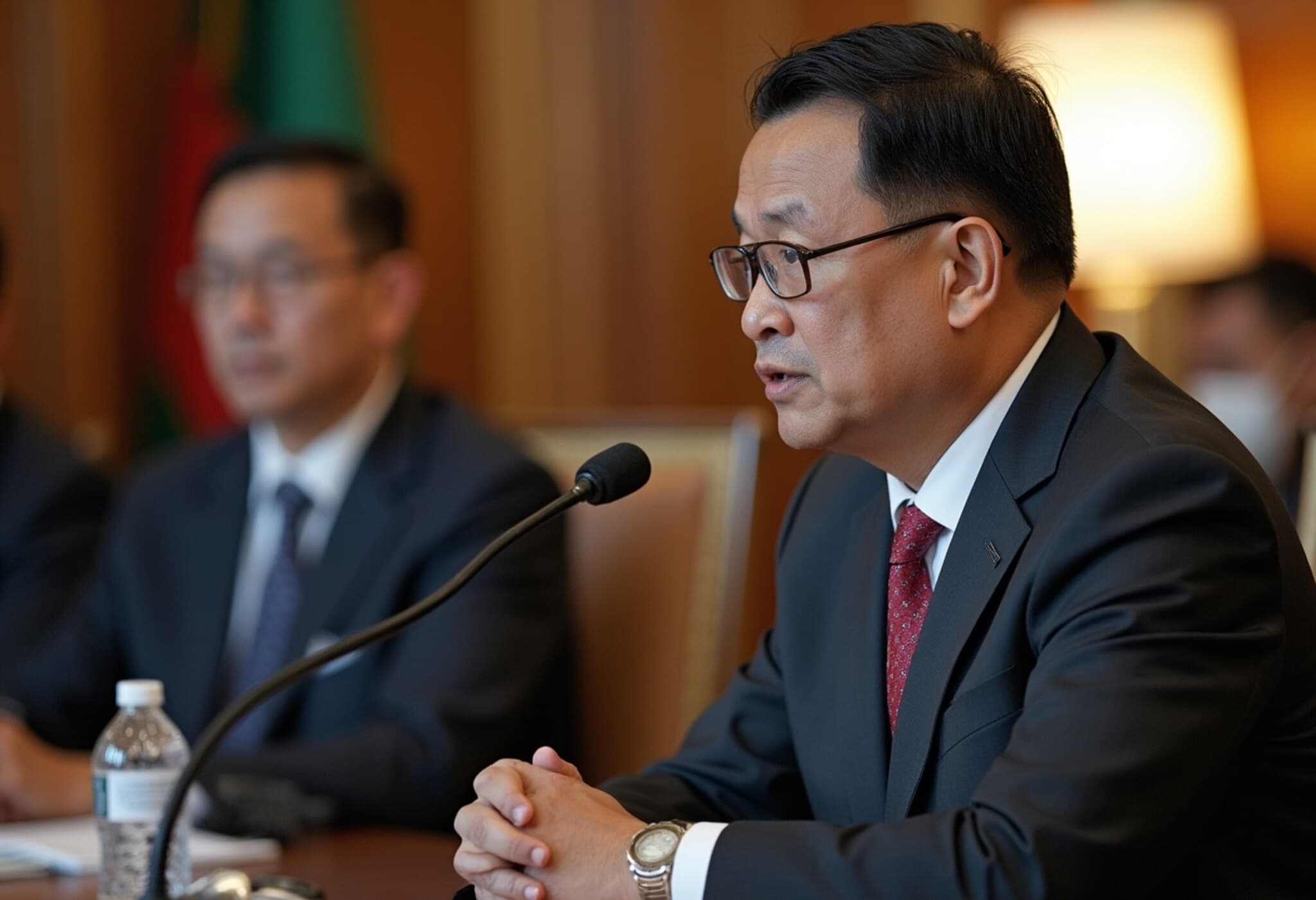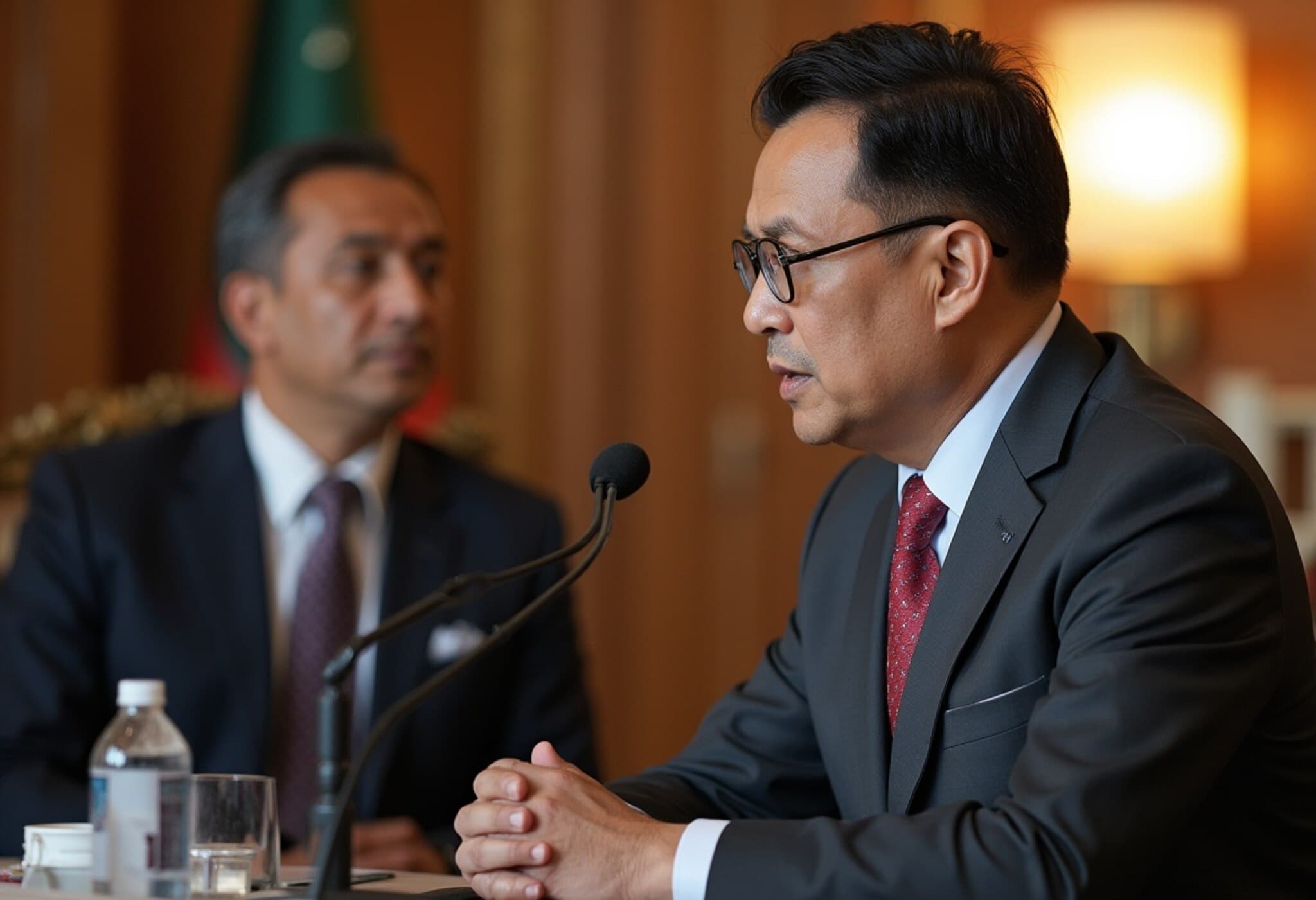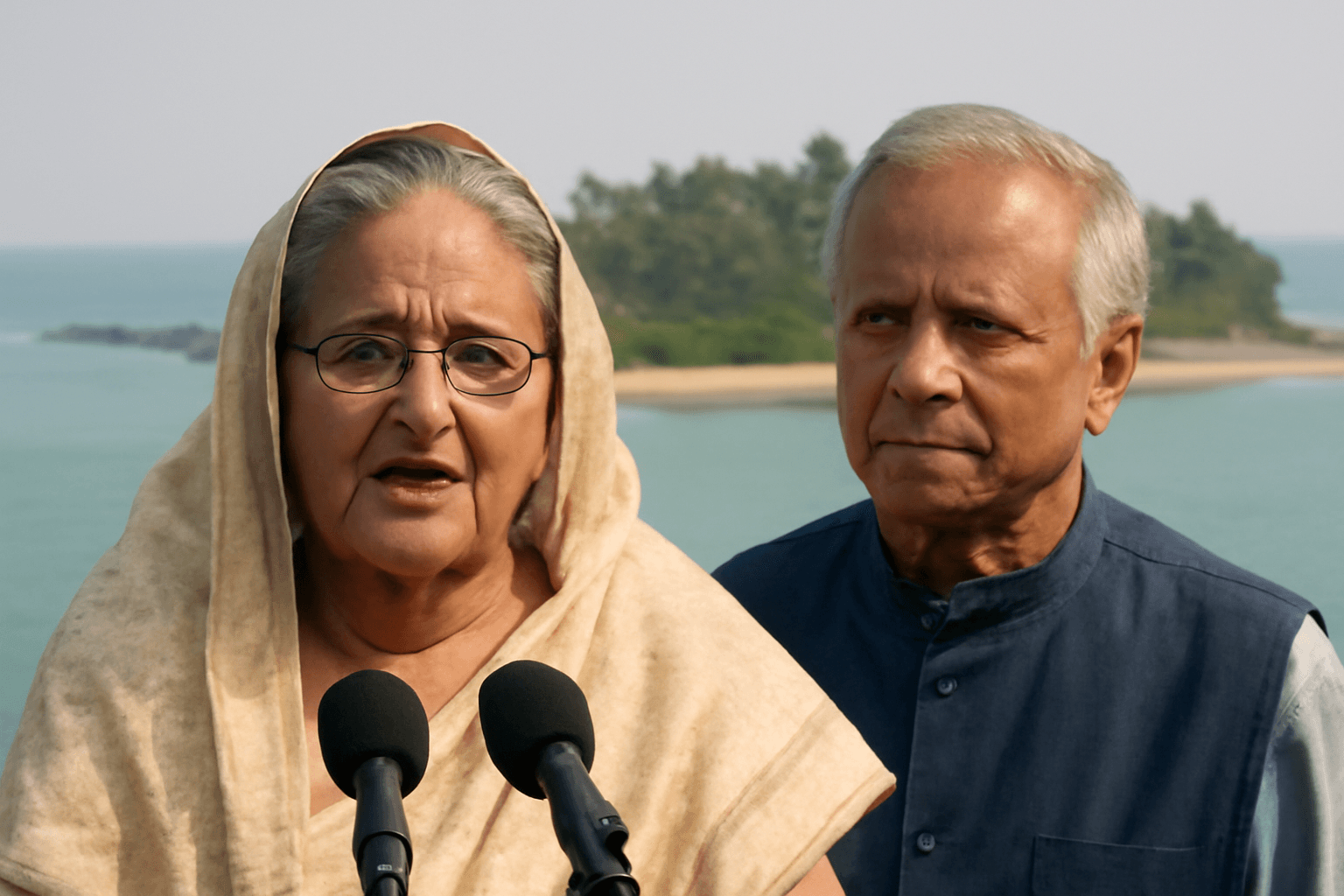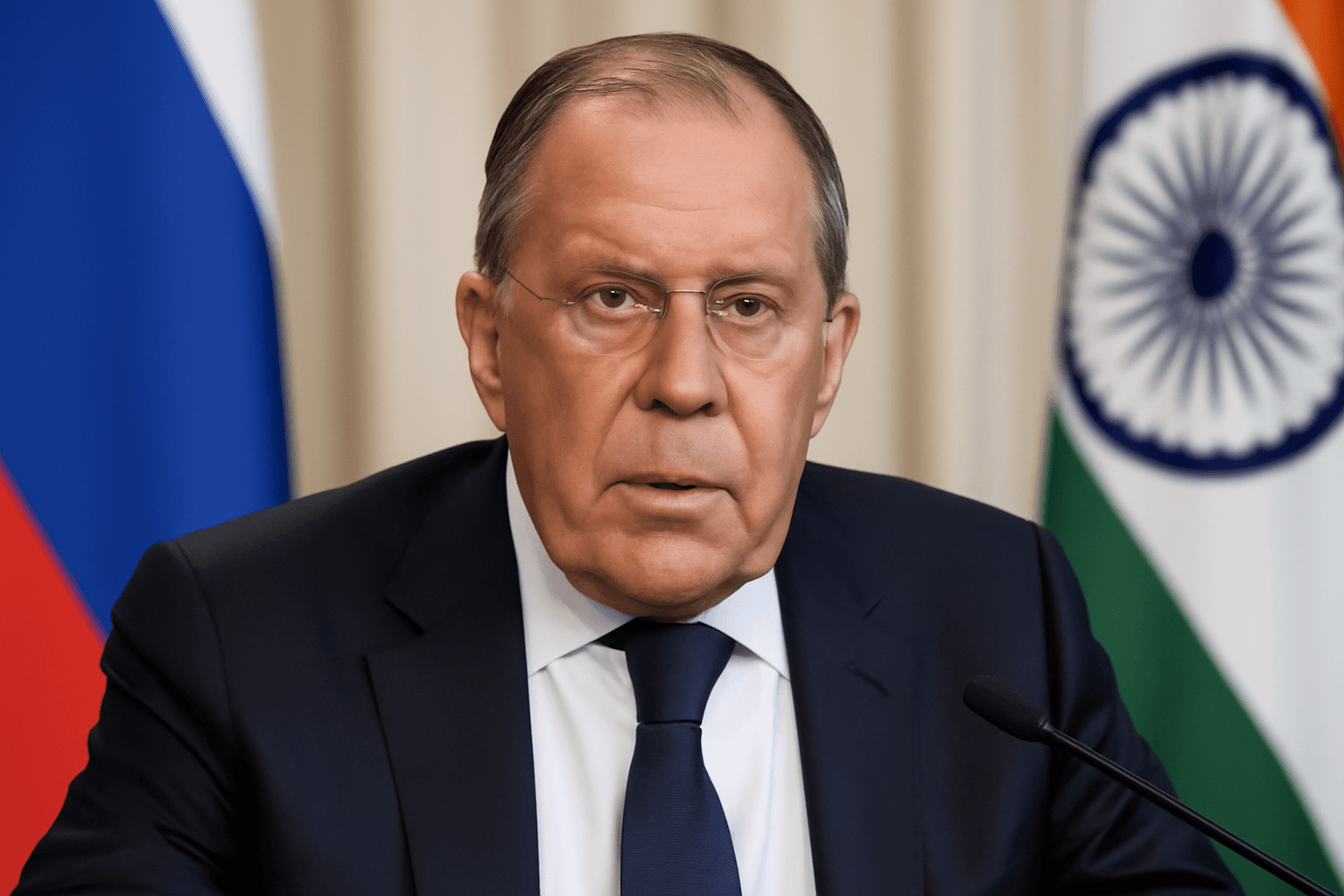Dhaka, Bangladesh — A political confrontation has intensified in Bangladesh between interim Chief Adviser Muhammad Yunus and former Prime Minister and BNP Chairperson Khaleda Zia regarding the timing of the next national election.
Yunus, who assumed the role of interim Chief Adviser with the mandate to oversee reforms before nationwide elections, has proposed holding the polls by June 2026. Conversely, Khaleda Zia and her Bangladesh Nationalist Party (BNP) insist that elections must take place by December 2025, underscoring a stark divergence in political strategies in a country still recovering from recent unrest.
The political climate in Bangladesh has been volatile following the collapse of Sheikh Hasina's government amid violent protests. Yunus’s appointment aimed to stabilize the situation and expedite elections. However, with nearly a year passing under his interim administration, questions about the election timeline have intensified.
Khaleda Zia's Call for Democratic Restoration
In her first public address since returning from medical treatment in London, Khaleda Zia urged BNP members and citizens to renew efforts toward reinstating democracy. On the 44th death anniversary of BNP founder Ziaur Rahman, she highlighted the legacy of sacrifice to safeguard democratic principles.
"The uninterrupted journey of that very democracy continues to face obstacles at every step," Zia remarked, urging disciplined mobilization to restore democratic governance swiftly.
The BNP staged a large rally in Dhaka demanding the election by December, where Khaleda’s son, Tarique Rahman—currently in exile—spoke virtually reinforcing the December 2025 deadline.
Yunus Highlights Reform Necessity, Questions Political Impatience
Following a meeting with various political entities, including the BNP, Yunus implicitly criticized the BNP’s urgency for immediate elections. Speaking at the 30th Future of Asia Conference in Tokyo, he emphasized that elections should follow thorough reforms to ensure stability.
"Politicians are very impatient and eager to return to power," Yunus stated. He clarified that elections could be feasible in December 2025 or by June 2026, depending on progress in reform implementation.
This exchange reflects growing friction within Bangladesh's political landscape as the country approaches a critical juncture for democratic renewal.
Reporting contributed by international agencies.

